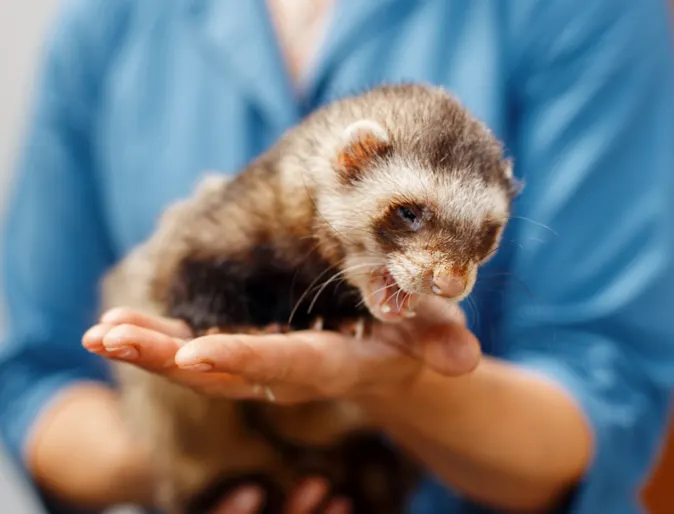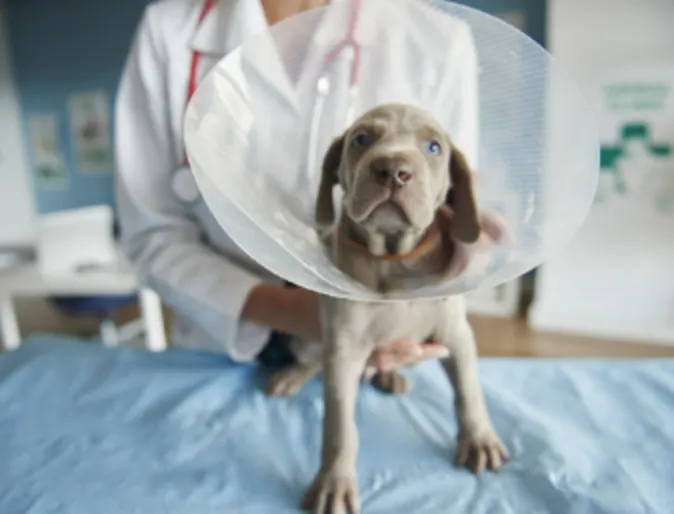Long Island Veterinary Specialists (LIVS)



Welcome!
At Long Island Veterinary Specialists, you can be confident your pet will receive veterinary care that is second to none.
Nationally recognized specialists
World-class diagnostic and surgical technologies
Industry pioneers in procedures and treatments
Caring and compassionate professionals

We Always Deliver
This care is delivered with genuine compassion, fueled by our unwavering commitment to treat you and your pet with thoughtfulness and respect. We give our best so your pet can feel better – and so can you. We proudly serve the pets of Plainview, New York City and surrounding areas. Call us today at (516) 501-1700!
Client Reviews & Testimonials
We value feedback from our clients. Here is just a small sample of the hundreds of happy and healthy pets that we have cared for.



